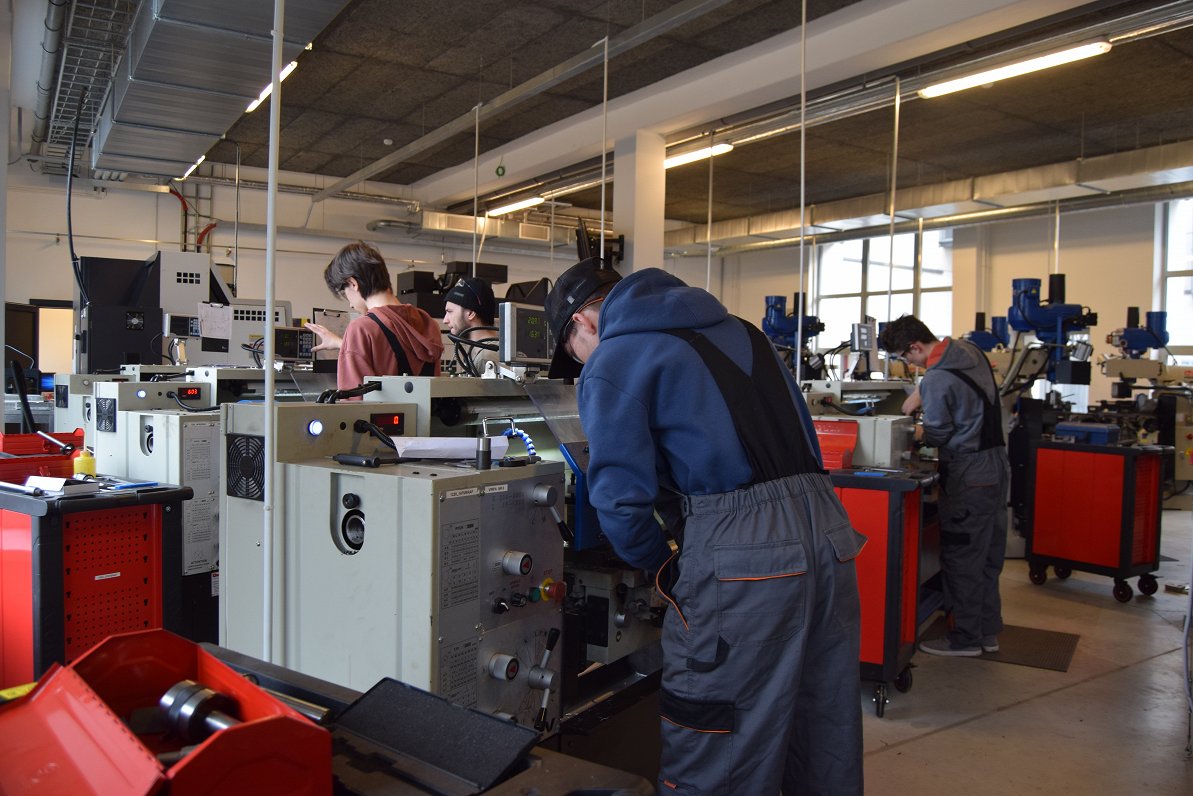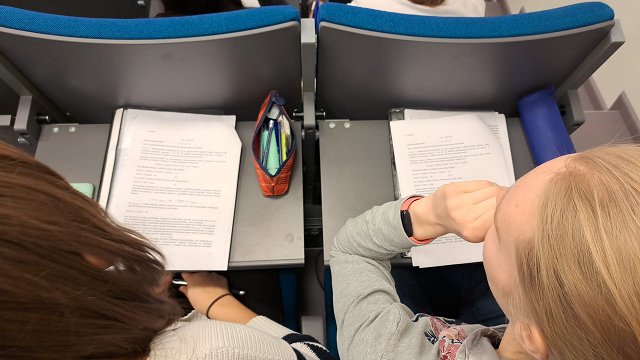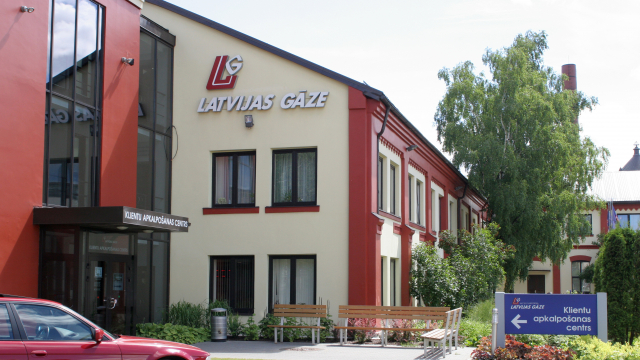Schools have been issued with modern equipment, dorms have been renovated and other improvements have been made. This means that technical provisions at vocational education institutions are beginning to outperform that of general education schools, however much work is yet to be done to break the stereotype that it's not prestigious to study at a technical or vocational school.
Latvia has 60 education institutions with vocational education programs. Of those, 39 are state and municipal education institutions, 11 are colleges, eight are private education institutions and two are general education institutions. The Ministry of Education and Science is responsible for 26 vocational education institutions, 18 of which are located outside of Riga. Development guidelines aim to reach a 50/50 balance of pupils by 2020.
“Stereotypes, which are frequently the reason for not choosing vocational schools, come from parents and grandparents.They have outdated views that a vocational education means lower salaries, and that universities are the cure-all solution.
Currently almost 80% of vocational education institutions have modern infrastructure. We're doing everything to make vocational education appear attractive,” explains Education and Science Ministry Professional and Adult Education Department Director Rūta Gintaute-Marihina.
Gintaute-Marihina mentions Germany as one of the best examples in Europe where vocational education system development is a national priority, supplying the workforce with needed specialists. “The market requires more information technology specialists, as well as welding specialists. These professions have a comparatively high salary, but still lack specialists.”
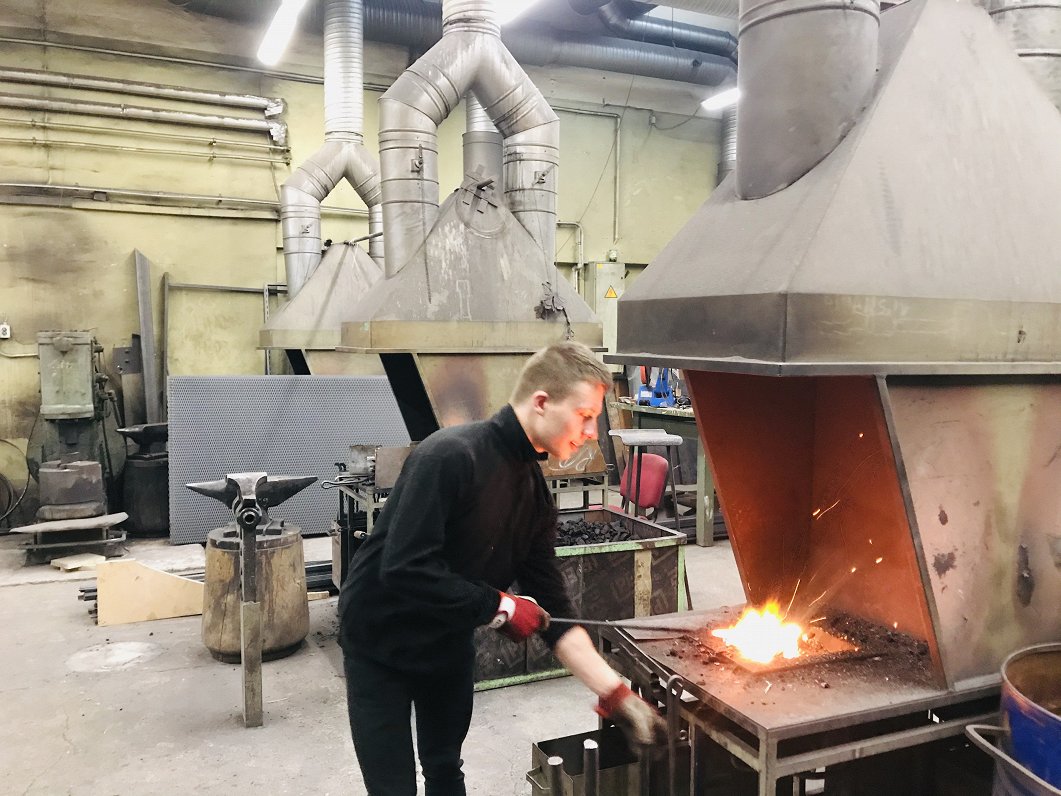
Riga Art and Media School Director Maija Vanaga presides over a school where attendance has doubled over the past five years. The plan to increase competitiveness by building a new campus. Vanaga has experienced that young people tend to choose vocational schools, because they want to develop skills and gain employment more quickly. 40-50% of students continue on to university after graduation.
“We don't have any unemployed students. Very rarely. Everyone finds work. When they get internships, employees see how well they work, then offer a job,” says Vanaga.
There is, however, a downside to the success of vocational schools. “At least 20% of our students leave to work abroad after graduation, or even before, because the demand for our welders is very high. Even such specialities as lathe operator or locksmith are in demand, also on ships. Employers are happy to bring these specialists abroad for work,” says Riga Vocational School No. 3 Director Voldemārs Leitāns.
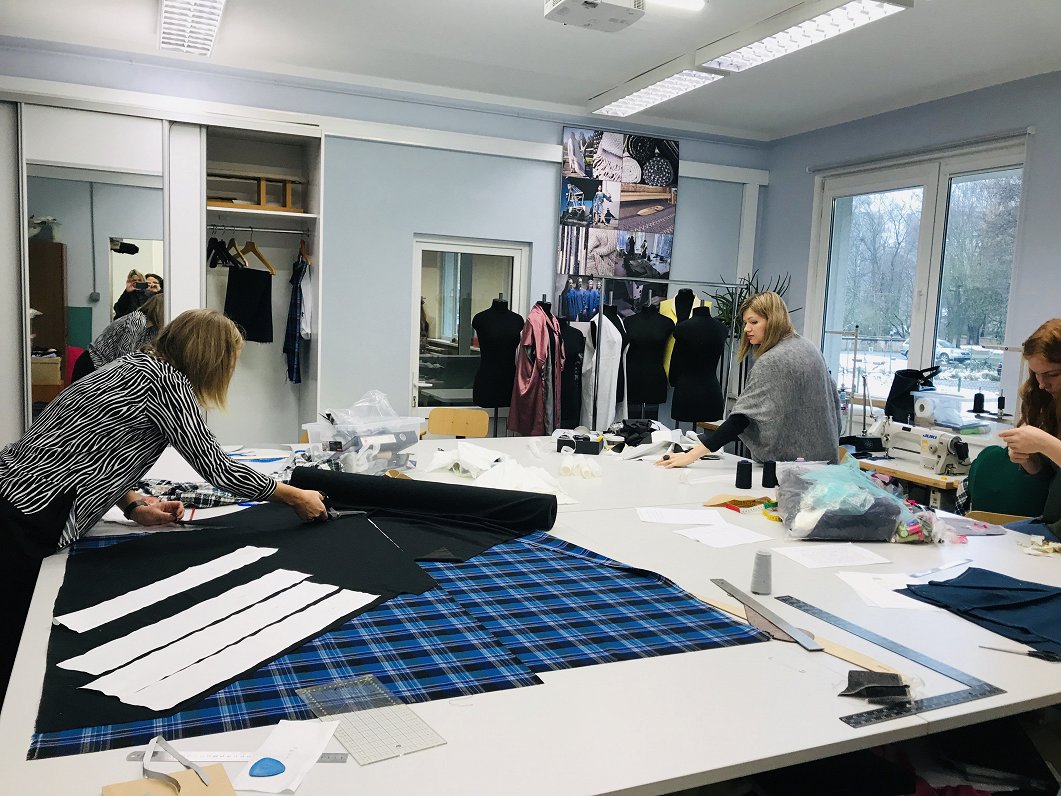
The interviewed school representatives consider that the mission of Latvian employers should be to attract these professionals with competitive wages, so that they aren't tempted to go abroad to find work.
Employers have also been meaningful stakeholders in improving vocational education institutions over the past few years. “We've noticed a change both in the environment and attitudes towards these schools. Whereas previously it was decided by ministries, now employers and schools cooperate to help dictate the program content in vocational schools, so we are very happy with the results,” says Latvian Employers Confederation General Director Līga Meņģelsone.
